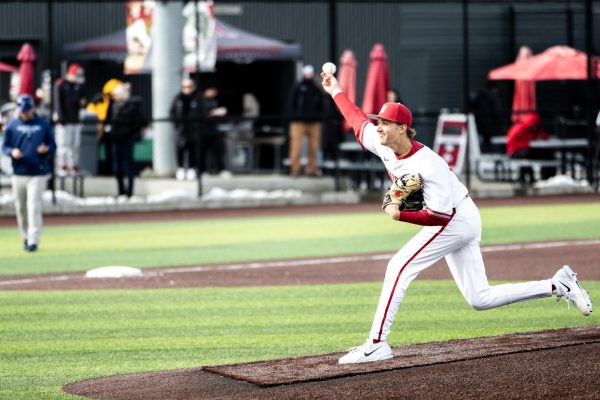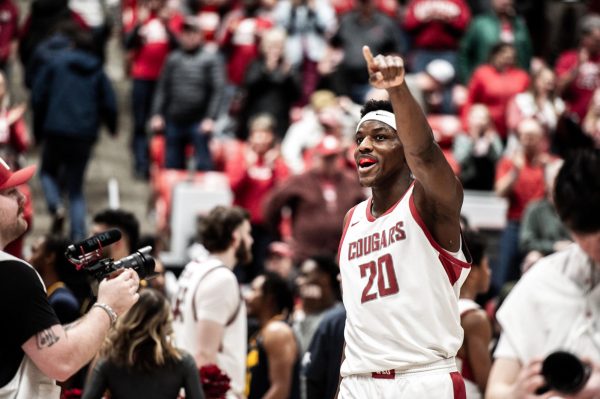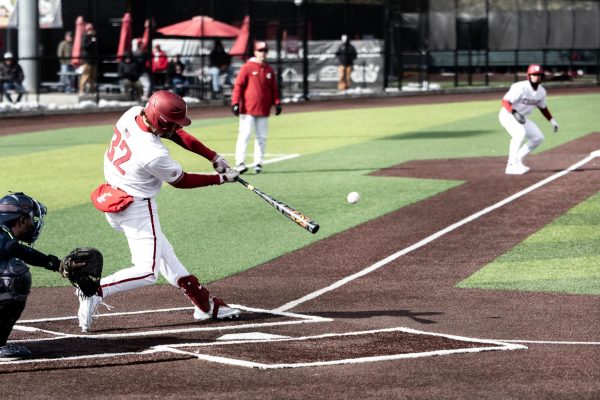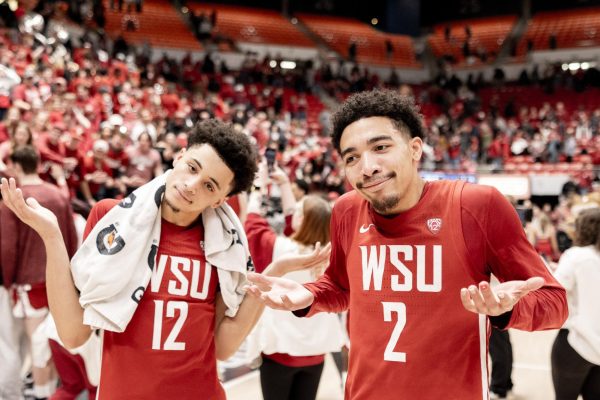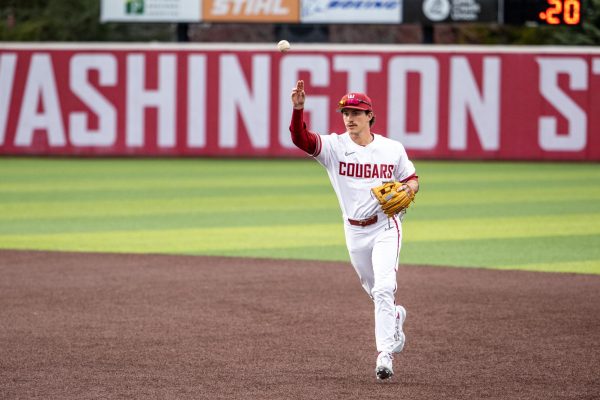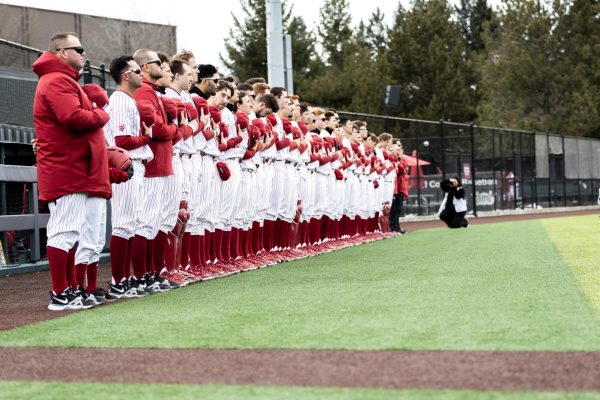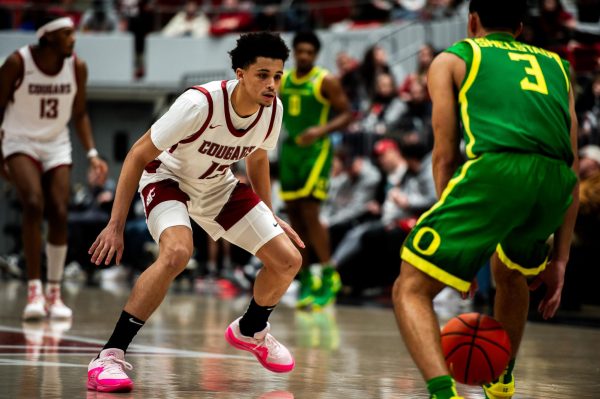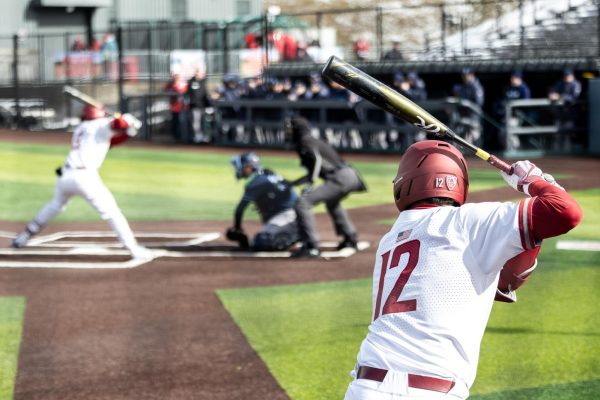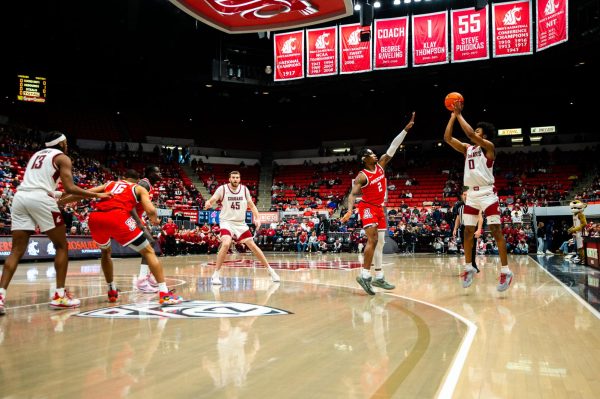NBA needs to work on its fairness game
May 21, 2014
In American culture, people are rewarded for rising from nothing and achieving greatness. Underdogs in sports are the same way. They find themselves in overwhelming circumstances, projected to lose by an immense amount to an opponent whom nobody has beaten in years. Yet, in these stories, David finds a way to overthrow Goliath, and a feel-good mood permeates the world.
The NBA has apparently never received this memo. Underdogs rarely exist when it comes to the NBA playoffs. Upsets happen during the regular season, but by the time the postseason begins, the best teams remain and the creamiest of the crop rise to the top. This is a problem because it indicates that professional basketball has become less of a game and more of a business, a spectacle, and a means to an end.
There is no surprise anymore when it comes to the NBA. There rarely ever is. The same teams reach the NBA Finals year after year. They either play rematches, or one team qualifies and wins repeatedly. The Boston Celtics and the Los Angeles Lakers alone own almost half of the titles, having won a combined 33 of 67 championships. Simply put, Goliath is always in the Finals, and David isn’t winning.
Most recently, the Miami Heat has taken over the league. The team has won two straight Finals and has earned three consecutive berths in the championship game. With the Heat still in the current playoffs, the NBA is in danger of seeing the Heat win its third in a row. It seemed comical at first when the Big Three of LeBron James, Dwyane Wade, and Chris Bosh claimed they would win more than five championships together. Now it is comical to imagine an NBA Finals without the Heat.
This kind of pattern is only good for the winning team and its fans.
Before the Heat began to dominate, it was the Los Angeles Lakers who made three straight Finals and won two of them. In the early 2000s, the Lakers were there as well. In addition, the Chicago Bulls, Houston Rockets, Boston Celtics, and Detroit Pistons have all qualified for at least two Finals in a row during the NBA’s history.
The disparity in the NBA is unlike the MLB and the NFL. In professional baseball, the Yankees were perennial World Series competitors in the late 1990s and early 2000s. Other than that, the variety of teams that make it to the World Series is great. The NFL is similar to baseball in this way.
However, the NBA has been unable to replicate this balance. The salary cap in the NBA is supposed to rise by about $5 million for next season, according to ESPN. This only makes it easier for teams to sign better players to build a dynasty.
The Lakers were kept from acquiring the then New Orleans Hornets guard Chris Paul in a trade in 2011 and, sure enough, the Lakers’ presence in the Finals has disappeared.
However, the repercussions of the Big Three assembling in Miami are affecting the league even in the current playoffs. Instead of the salary cap being increased for next season, it should be decreased. If one trade, such as the one that would have sent Paul to the Lakers, is vetoed, all similar ones should be restricted as well.
Perhaps teams should be unable to possess too many high-profile players and should only be allowed to pay large contracts to two players to avoid an accumulation of superstars. If the team was to take on a third superstar player, that player wouldn’t receive as much compensation.
This plan would obviously exclude first-round draft picks because those selections usually receive large contracts. They could go to a team with two star players who simply did not perform well in the previous season and therefore received the higher pick in the draft.
Something needs to be done to change the way the NBA runs. Otherwise, teams with money to buy superstars will run the league and dominate for consecutive years, winning not five, not six, not seven, but every championship until their collection of superstars disassembles.








